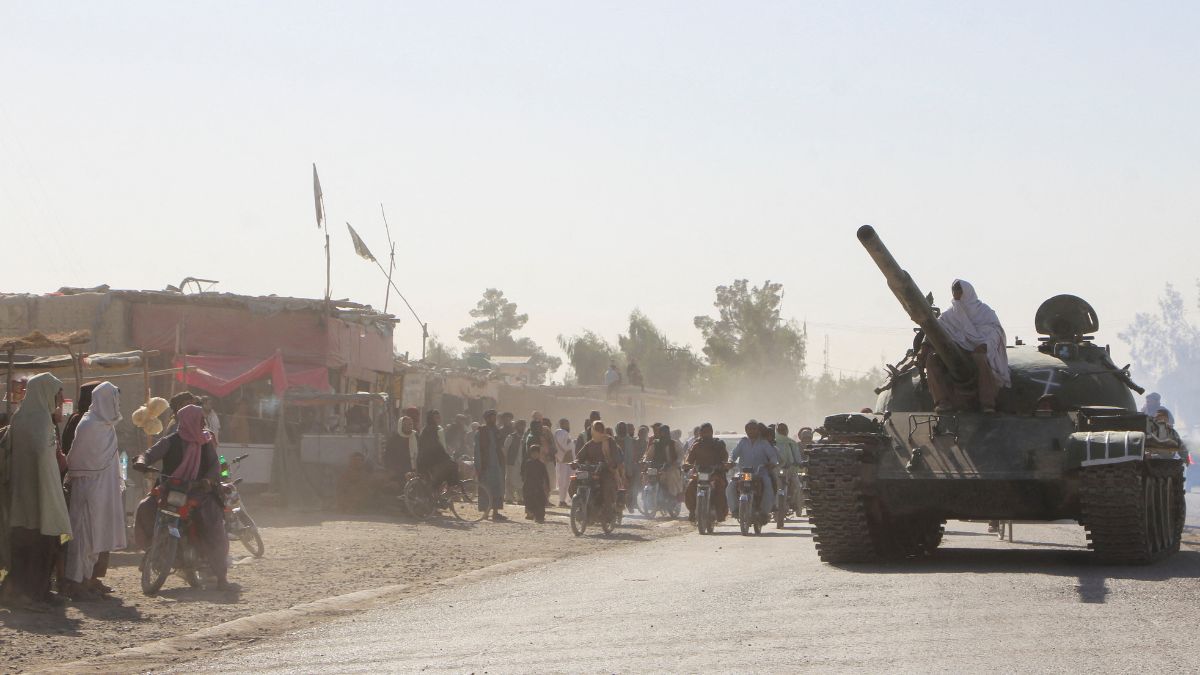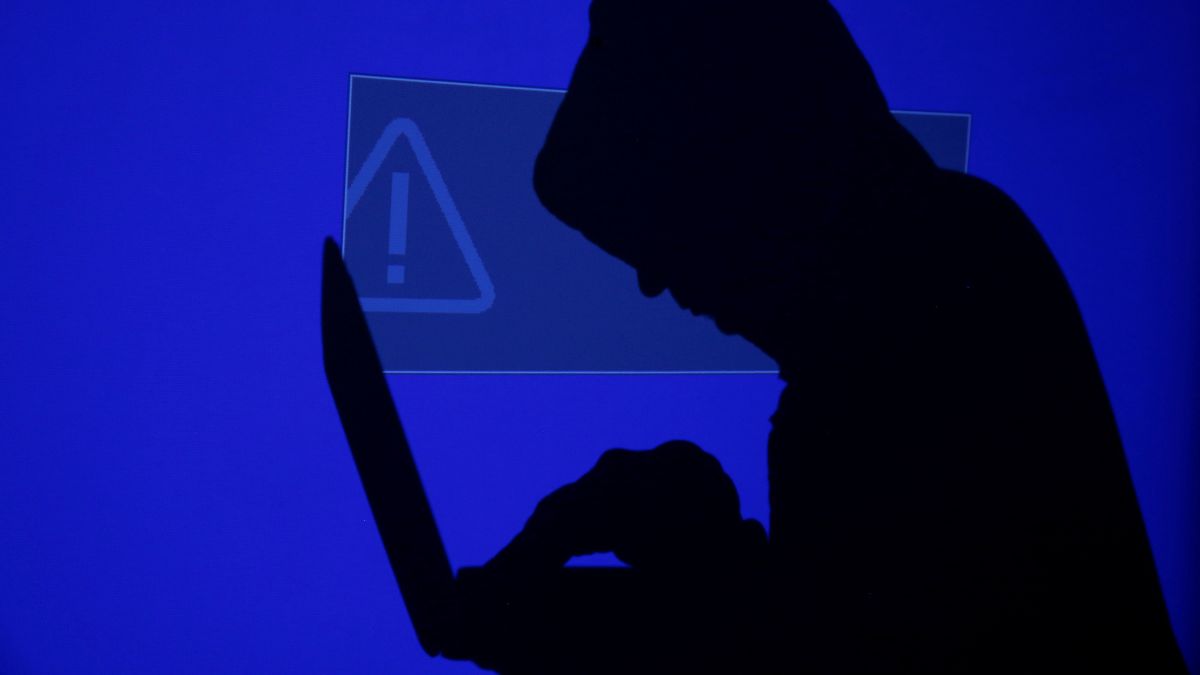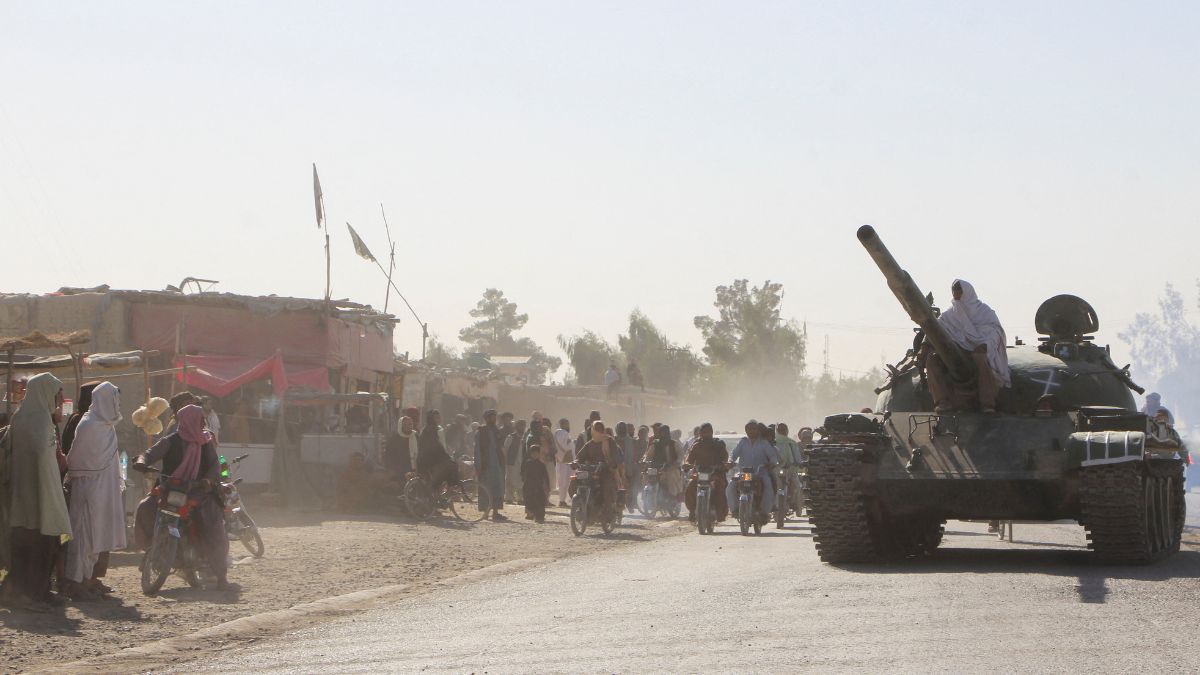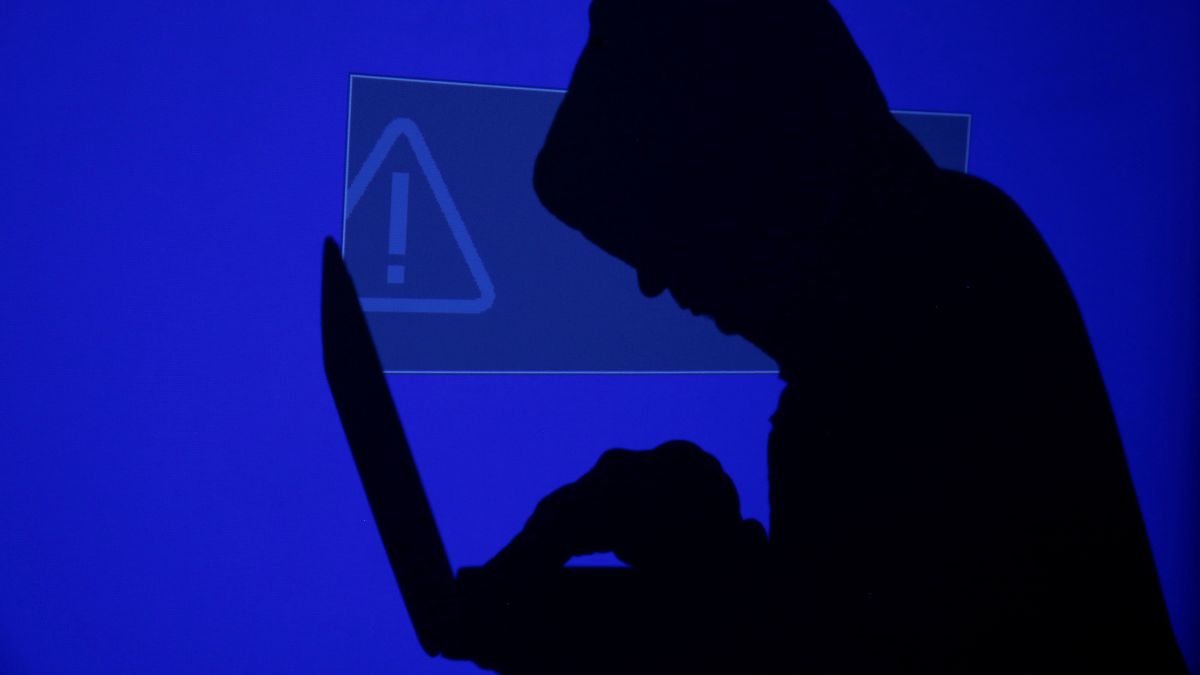Is France getting rid of the Eiffel Tower? Viral claims have emerged online that Paris will demolish its most iconic tourist attraction in 2026.
The temporary closure of the French landmark earlier this month further fuelled the rumours. But how did these claims spread on social media?
Let’s take a closer look.
What’s behind Eiffel Tower demolition rumours
Sensational claims are circulating on social media that the Eiffel Tower will be demolished in 2026.
These rumours can be traced back to September when a satirical news outlet – Tapioca Times – published an article joking that the Eiffel Tower would be bulldozed and converted into a “giant slide” or concert hall, or a “Paris Burning Man” festival.
The article included fake quotes from a made-up “spokesman” claiming, “We’ve had a good run, it’s been popular for a long time but nobody goes there anymore so we’re shutting it down.”
The report mentioned a decline in tourist numbers, a rise in drone activity around the 330-metre landmark and even squirrels and pigeons “plaguing” the site.
The claims were soon picked up on social media, and without a context, ended up being blown out of proportion.
Hundreds of thousands of followers on X started sharing misleading posts claiming that the landmark was reaching the “end of an era”.
“According to reports [the] world-famous Eiffel Tower, a symbol of France for over 135 years, is reportedly set for demolition in 2026 after its operating lease expires,” the fake claims read, as per Euronews.
Impact Shorts
More Shorts“Structural fatigue, costly maintenance and rising public complaints [are] key reasons behind this shocking decision.”
Some social media users fell victim to the fake posts, with one user writing: “Hold up, Paris! Don’t demolish my dream proposal spot,”
Another said: “Oh… This shouldn’t happen.”
However, many were quick to question the validity of the bizarre claims, describing the post as “fake”.
Société d’Exploitation de la Tour Eiffel (SETE), which operates the tower, has yet to publicly address the viral claims. There are no such indications that Paris will demolish one of the world’s most famous monuments.
The Eiffel Tower attracts more than six million (60 lakh) visitors annually, as per SETE. Any closure of the landmark majorly impacts Paris’ tourism economy.
Once called a “tragic street lamp”, the Eiffel Tower has become synonymous with Paris today.
Eiffel Tower’s closure fuels rumours
Earlier this month (October 2), protesters took to the streets in 200 towns and cities across France against the government’s spending cuts and called for higher taxes on the rich.
In Paris, thousands of workers, retirees, and students joined in on the national strikes organised by major unions. This prompted the Eiffel Tower to suspend visitor access for the day due to safety reasons.
“Due to a strike, the Eiffel Tower is closed,” a sign at the attraction said. “We apologise.”
The monument has been affected by labour disputes earlier as well. In February 2024, the Eiffel Tower was shut for six days as employees went on a strike demanding better maintenance of the historic landmark and salary hikes.
Impact of fake news on the travel industry
Many people show scepticism when coming across exaggerated news and claims. However, some are quick to believe what they see or read online. Any misleading rumours could hit tourist-reliant destinations hard.
Earlier this year, Italy said it was cracking down on fake hotel and restaurant reviews following a complaint by business owners that their reputations were being unfairly damaged.
Italy’s ministry of enterprises estimates that false or manipulated content affects between 6 and 30 per cent of the revenue of businesses in the hospitality and tourism sector.
Now, tourists in Italy are required to provide proof of a visit before they leave a review.
“Today marks an important step for the protection of our businesses,” Daniela Santanché, Italy’s tourism minister, told the media previously.
“Reviews, which thanks to this regulatory intervention will actually be truthful, are fundamental for the success of companies and for the trust of consumers and tourists.”
With inputs from agencies


)

)
)
)
)
)
)
)
)



